Healtheducation communication for women at Lac Xuan Commune Health Station (Don Duong) |
The functions and tasks of the health station include performing primary health care for the people, preventing and fighting epidemics, implementing health programs, medical examination and treatment, first aid, normal delivery, providing essential medicines, managing public health, health education and communication, and coordinating traditional medicine with modern medicine. At the same time, the station provides professional guidance and activities for village health; coordinates with relevant agencies to implement population and family planning work; provides family planning services according to technical classification and according to the provisions of law...
Ms. Nguyen Thi Anh Kim - Head of Lac Xuan Commune Health Station (Don Duong District) said: With an area of 10,369 hectares, 15 villages, a population of 14,401 people, of which 5,759 are ethnic minorities, the Commune Health Station has all the functional rooms to operate and a staff of 9 people (1 doctor, 4 physicians, 1 midwife, 1 nurse, 1 pharmacist and 1 population worker) and 15 village health workers. The examination and treatment activities of the station ensure professional work, on duty 24/24 hours. Implement pharmaceutical regulations well, ensure sufficient emergency medicine and regular medical examination and treatment according to regulations. Manage well the drug sources (health insurance, programs, projects) to distribute to the right subjects, update clear books, do not let drugs be damaged, expired and negative events occur.
Implement preventive health programs to meet assigned targets, practice communication skills and codes of conduct, receive and examine and treat patients to attract patients to the station. Implement the contents of the work of preventing and controlling dengue fever and measles. The Steering Committee for Disease Prevention and Control at the commune level directs activities in disease prevention and control, has a network to monitor the disease from the commune down to the villages, has a plan to coordinate with the preventive health team, and surround and suppress the epidemic when it occurs. Regularly monitor, proactively take smears to find malaria parasites for cases with fever at the station and in the community; promptly examine, detect and treat malaria cases, prevent patients from dying from malaria, and propagate the use of mosquito nets for the whole population to prevent and control diseases transmitted by mosquitoes.
Manage and treat 100% of tuberculosis patients, treat according to the treatment regimen, do not let patients stop treatment (avoid cases of drug-resistant patients), increase examination and collection of sputum samples for testing to detect tuberculosis patients. Manage and treat 100% of leprosy patients, care for patients with disabilities due to leprosy, examine and detect new patients. Propagate and mobilize the whole population to use iodized salt to prevent and control diseases caused by iodine deficiency. Implement food safety programs, do not let food poisoning occur in the area; advise the People's Committee of the commune to decide to establish a food safety inspection team in the area, continue to check the food safety certificates of food establishments and collective kitchens in the area.
In addition, the station organizes examinations to detect new epilepsy and mental illness patients in the area; manages and distributes treatment drugs, mobilizes families to receive sufficient and regular medication for patients, and does not let patients stop treatment. Manages people with disabilities, guides people with disabilities to practice at home to soon integrate into the community. Advises the Commune People's Committee and coordinates with departments, branches and organizations in the area, propagates and mobilizes over 90% of households to use clean water, mobilizes people to build hygienic toilets; coordinates with the Department of Preventive Medicine and advises the Commune People's Committee to inspect occupational safety and hygiene of pesticide trading establishments and factories in the area. Organizes health examinations and management for kindergarten, primary and secondary school students, manages 100% of students with school-related diseases.
From the beginning of 2025 to now, Lac Xuan Commune Health Station has implemented child health care activities, fully vaccinating 8 types of vaccines for children under 1 year old, reaching over 50%; vaccinating Japanese encephalitis B vaccine for children under 5 years old, reaching over 45%; vaccinating pregnant women, reaching over 50%; giving children from 6 to 36 months old vitamin A, reaching over 95%. Propagating malnutrition prevention and control for pregnant mothers and mothers with young children; practicing nutrition for pregnant mothers once a month; weighing malnourished children under 2 years old monthly, children under 5 years old once a year. Counseling couples on family planning knowledge and family planning services.
Ms. Touneh Nai Huong (22 years old) in Tan Hien village, Lac Xuan commune shared: “I have 2 sons (the older one is 4 years old and the younger one is 1.5 years old). Every time the children or I have pain or fever, we go to the station for examination and consultation, because I do not dare to buy medicine myself. The nurses at the station are all enthusiastic in examining and providing medicine for 3-5 days, so whenever anyone in my family is sick, we go to the station, especially the children who often come to get vaccinated.” In Lac Xuan commune, there are 1,612 elderly people (NCT); of which 248 people over 80 years old receive regular health check-ups, reaching 100%. The total number of NCT who receive health check-ups and have their records created is 1,056 people, reaching 65%; home examinations are given to 117 NCT who cannot come to the station for examination and treatment. Ms. Nguyen Thi Kim Trinh (born in 1967) in Lac Xuan 2 village, Lac Xuan commune shared: “I have had diabetes for 4 years now. Every month, I go to the health check-up station, measure my blood pressure and get diabetes medication to take regularly. The medicine is provided free of charge and I am instructed on a diet for diabetics. Up to now, I feel that my diabetes has improved a lot. The medical staff welcomes me enthusiastically and reminds me to come for regular health check-ups.”
Regarding premarital health examination and counseling activities, the difficulties in implementing them in communes are: Young people before marriage and their families do not see the importance of premarital health examination. Currently, providing information to young people is still limited, within a small framework, the communication model has not been replicated. For health stations, there is no premarital examination but only premarital counseling, but the number of young people participating is very limited.
Reproductive health care counseling activities for adolescents and youth at the commune level are carried out at secondary schools (in Lac Xuan there are 2 schools with about 1,200 students), there are no high schools. Propaganda in the village is not effective, the number of young people who drop out of school often work far away, are not present in the locality, some children are invited to the village hall by their families, are afraid and do not participate. Therefore, it is necessary to promote propaganda work in the village, put the reproductive health education program into the main activities of the school. Invest funds for activities under the pre-marital project, consult with all levels to put pre-marital examination services into the health insurance examination and treatment system.
Source: https://baolamdong.vn/xa-hoi/202505/tang-cuong-cham-soc-suc-khoe-ban-dau-a6304b4/


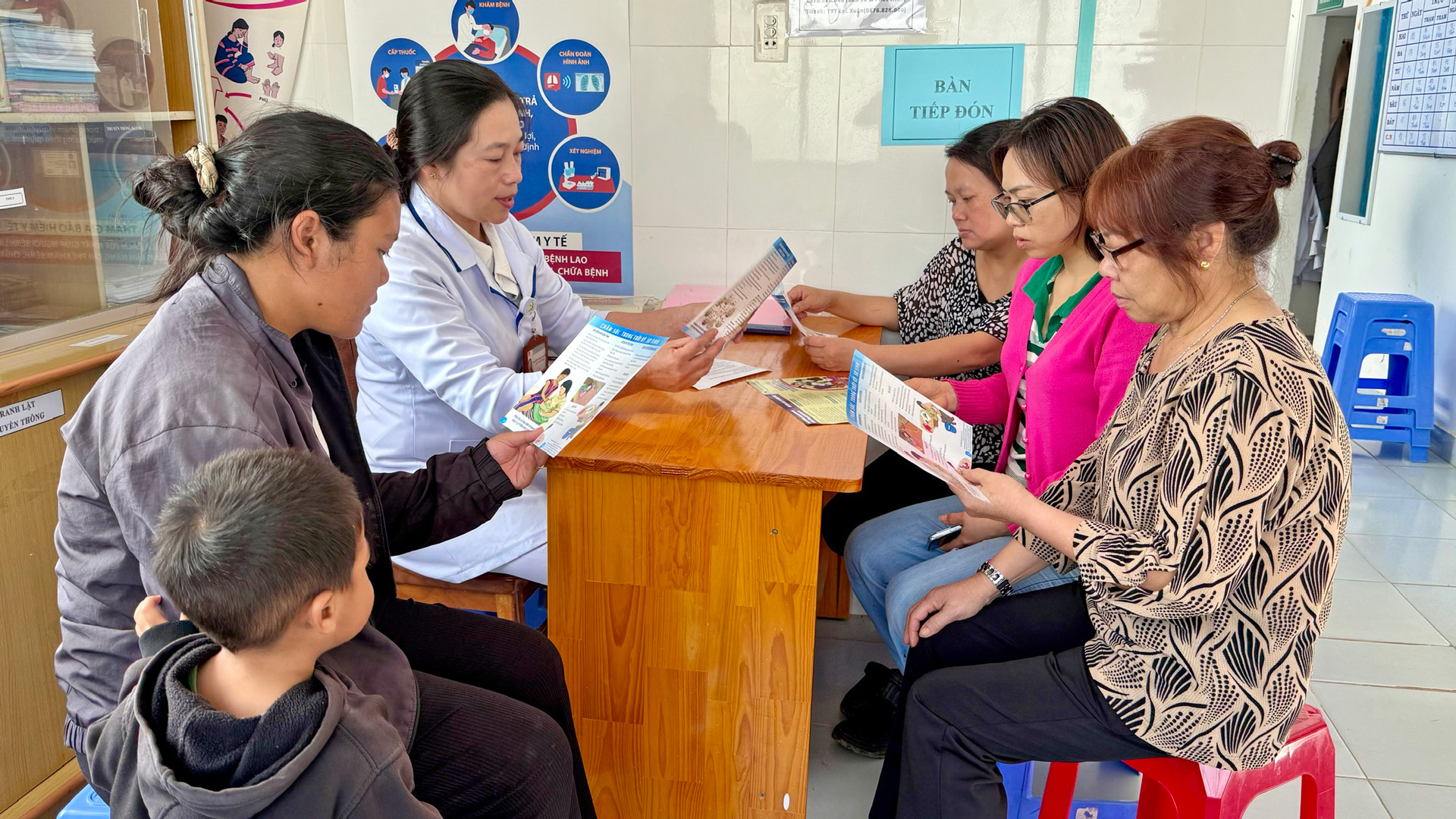


![[Photo] Vietnamese and Hungarian leaders attend the opening of the exhibition by photographer Bozoky Dezso](https://vphoto.vietnam.vn/thumb/1200x675/vietnam/resource/IMAGE/2025/5/29/94d8ceca5db14af3bf31285551ae4bb3)

![[Photo] Prime Minister Pham Minh Chinh meets with Hungarian President Sulyok Tamas](https://vphoto.vietnam.vn/thumb/1200x675/vietnam/resource/IMAGE/2025/5/29/dbcaa73e92ea4448a03fe1d0de6d68e8)

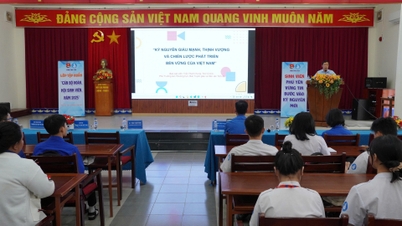


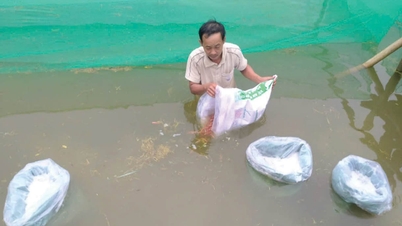

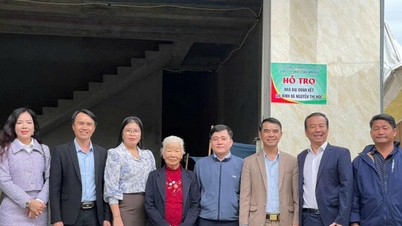

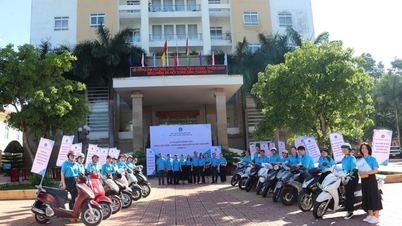

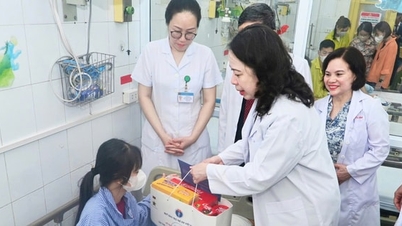





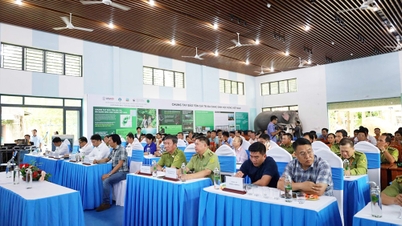
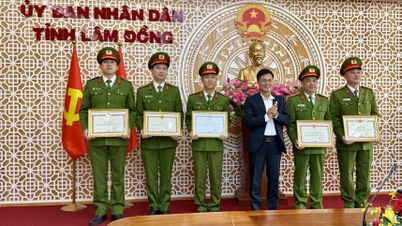

![[Photo] Prime Minister Pham Minh Chinh receives a bipartisan delegation of US House of Representatives](https://vphoto.vietnam.vn/thumb/1200x675/vietnam/resource/IMAGE/2025/5/28/468e61546b664d3f98dc75f6a3c2c880)


























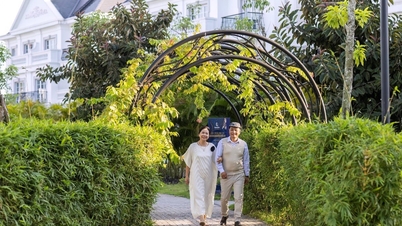
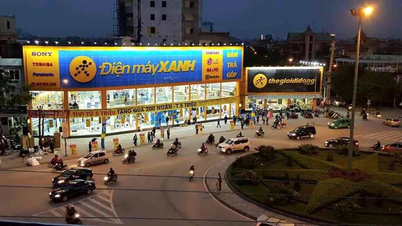






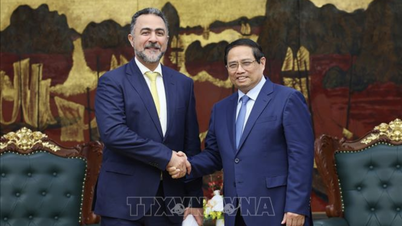




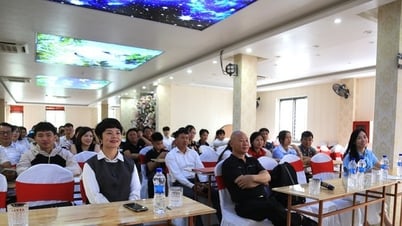
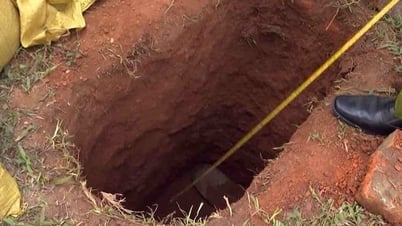





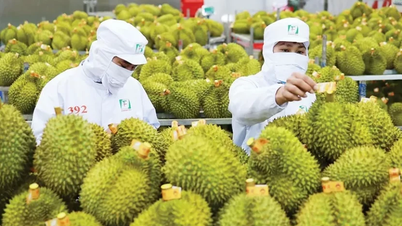











Comment (0)